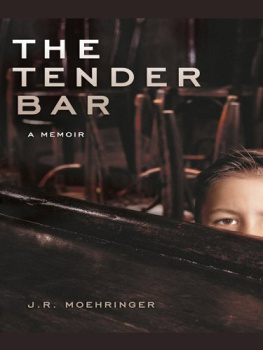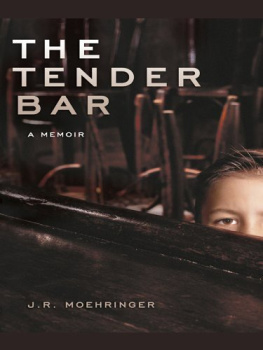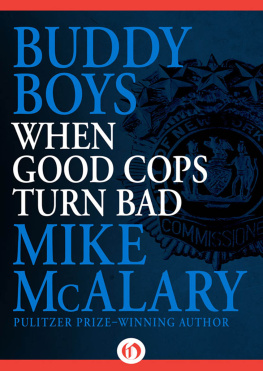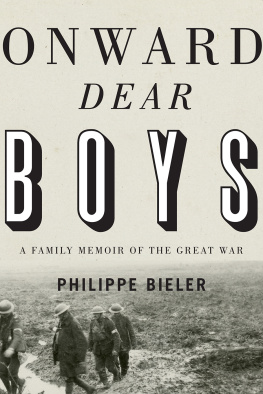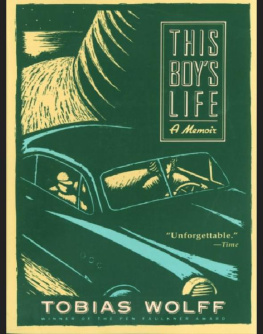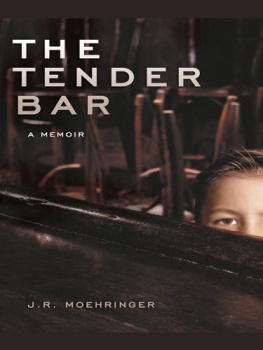
Contents
For my mother
PROLOGUE

Where no sea runs, the waters of the heart
Push in their tides
Dylan Thomas, Light breaks where no sun shines
prologue | ONE OF MANY
W E WENT THERE FOR EVERYTHING WE NEEDED. WE WENT there when thirsty, of course, and when hungry, and when dead tired. We went there when happy, to celebrate, and when sad, to sulk. We went there after weddings and funerals, for something to settle our nerves, and always for a shot of courage just before. We went there when we didnt know what we needed, hoping someone might tell us. We went there when looking for love, or sex, or trouble, or for someone who had gone missing, because sooner or later everyone turned up there. Most of all we went there when we needed to be found.
My personal list of needs was long. An only child, abandoned by my father, I needed a family, a home, and men. Especially men. I needed men as mentors, heroes, role models, and as a kind of masculine counterweight to my mother, grandmother, aunt and five female cousins with whom I lived. The bar provided me with all the men I needed, and one or two men who were the last thing I needed.
Long before it legally served me, the bar saved me. It restored my faith when I was a boy, tended me as a teenager, and when I was a young man the bar embraced me. While I fear that were drawn to what abandons us, and to what seems most likely to abandon us, in the end I believe were defined by what embraces us. Naturally I embraced the bar right back, until one night the bar turned me away, and in that final abandonment the bar saved my life.
There had always been a bar on that corner, by one name or another, since the beginning of time, or the end of Prohibition, which were the same thing in my hard-drinking hometownManhasset, Long Island. In the 1930s the bar was a stop-off for movie stars on their way to the nearby yacht clubs and posh ocean resorts. In the 1940s the bar was a haven for soldiers coming home from the wars. In the 1950s the bar was a lounge for greasers and their poodle-skirted girlfriends. But the bar didnt become a landmark, a patch of hallowed ground, until 1970, when Steve bought the place and renamed it Dickens. Above the door Steve hung a silhouette of Charles Dickens, and below the silhouette he spelled out the name in Old English lettering: Dickens. Such a blatant display of Anglophilia didnt sit well with every Kevin Flynn and Michael Gallagher in Manhasset. They let it slide only because they so thoroughly approved of Steves Cardinal Rule of the Barroom: Every third drink free. Also, it helped that Steve hired seven or eight members of the OMalley clan to bus his tables, and that he took pains to make Dickens look as though it had been shipped brick by brick from County Donegal.
Steve intended his bar to look like a European public house, but to feel quintessentially American, an honest-to-god house for the public. His public. In the heart of Manhasset, a pastoral suburb of eight thousand people, seventeen miles southeast of Manhattan, Steve wanted to create a sanctuary where his neighbors and friends and fellow drinkers, and especially his high-school buddies coming home from Vietnam, could savor a feeling of safety and return. In every venture Steve was confident of successconfidence was his most attractive quality and his tragic flawbut with Dickens he surpassed his greatest expectations. Manhasset quickly came to see Steves bar as the bar. Just as we said The City to mean New York City, and The Street to mean Wall Street, we always said The Bar, presumptively, and there was never any confusion about which bar we meant. Then, imperceptibly, Dickens became something more than The Bar. It became The Place, the preferred shelter from all lifes storms. In 1979, when the nuclear reactor at Three Mile Island melted down and fear of apocalypse swept the Northeast, many Manhassetites phoned Steve to reserve space in the airtight basement below his bar. Of course everyone had their own basements. But there was just something about Dickens. People thought of it first whenever doomsday loomed.
Along with sanctuary, Steve provided nightly lessons in democracy, or the special plurality of alcohol. Standing in the middle of his barroom, you could watch men and women from all strata of society educating and abusing one another. You could hear the poorest man in town discussing market volatility with the president of the New York Stock Exchange, or the local librarian lecturing a New York Yankees Hall of Famer about the wisdom of choking up on the bat. You could hear a feebleminded porter say something so off-the-wall, and yet so wise, that a college philosophy professor would jot it on a napkin and tuck it in his pocket. You could hear bartendersin between making bets and mixing Pink Squirrelstalk like philosopher kings.
Steve believed the corner bar to be the most egalitarian of all American gathering places, and he knew that Americans have always venerated their bars, saloons, taverns, and gin mills, one of his favorite expressions. He knew that Americans invest their bars with meaning and turn to them for everything from glamour to succor, and above all for relief from that scourge of modern lifeloneliness. He didnt know that the Puritans, upon landing in the New World, built a bar even before they built a church. He didnt know that American bars descend directly from the medieval inns of Chaucers Canterbury Tales, which descended from the Saxon alehouses, which descended from the tabernae along the roads of ancient Rome. Steves bar could trace its lineage all the way back to the painted caves of Western Europe where Stone Age elders initiated young boys and girls into the ways of the tribe nearly fifteen thousand years ago. Though Steve didnt know these things, he sensed them in his blood and enacted them in everything he did. More than most men, Steve appreciated the importance of place, and on the cornerstone of this principle he was able to build a bar so strange and shrewd and beloved and wondrously in tune with its customers, that it came to be known well beyond Manhasset.
My hometown was famous for two thingslacrosse and liquor. Year in, year out, Manhasset produced a disproportionate number of superb lacrosse players and a still-greater number of distended livers. Some people also knew Manhasset as the backdrop for The Great Gatsby . While composing portions of his masterpiece, F. Scott Fitzgerald sat on a breezy veranda in Great Neck and gazed across Manhasset Bay at our town, which he turned into the fictional East Egg, a historic distinction that gave our bowling alley and pizzeria a certain archaeological grandeur. We strode each day across Fitzgeralds abandoned stage set. We romanced one another among his ruins. It was a kickan honor. But like Steves bar it was merely an offshoot of Manhassets famous fondness for drink. Anyone familiar with Manhasset understood why liquor surged through Fitzgeralds novel like the Mississippi across a floodplain. Men and women throwing raucous parties and boozing until they blacked out or ran someone down with their car? Sounded to us like a typical Tuesday night in Manhasset.
Manhasset, site of the largest liquor store in New York State, was the only town on Long Island with a cocktail named after it (a Manhasset is a Manhattan, with more alcohol). The towns half-mile-long main drag, Plandome Road, was every drinkers street of dreamsbar after bar after bar. Many in Manhasset likened Plandome Road to a mythical country lane in Ireland, a gently winding procession of men and women brimming with whiskey and good cheer. Bars on Plandome Road were as numerous as stars on Hollywoods Walk of Fame, and we took a stubborn, eccentric pride in their number. When one man torched his bar on Plandome Road to collect the insurance, cops found him in another bar on Plandome Road and told him he was wanted for questioning. The man put a hand over his heart like a priest accused of burning a cross. How could I, he asked, how could anyone burn down a bar ?
Next page
